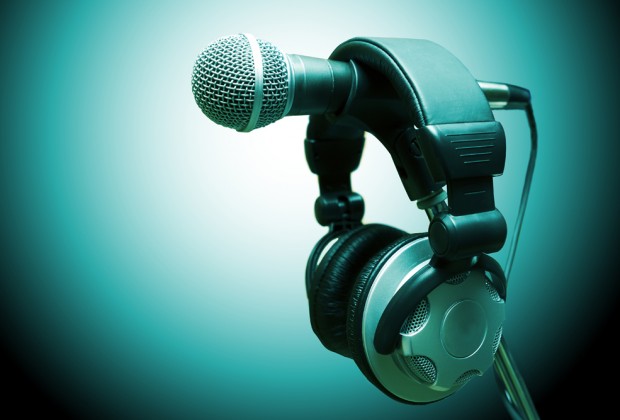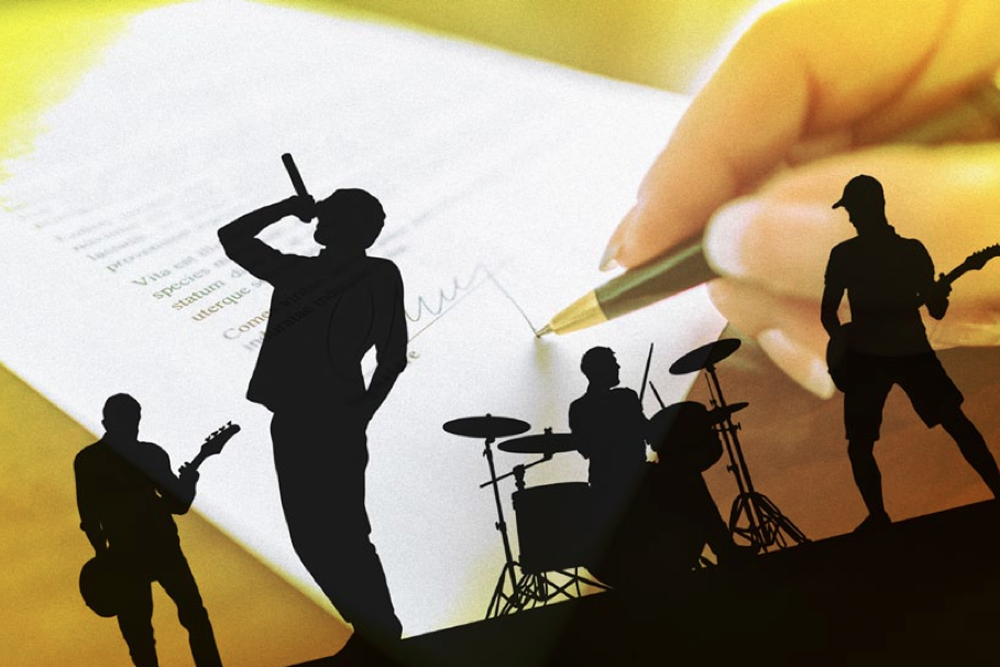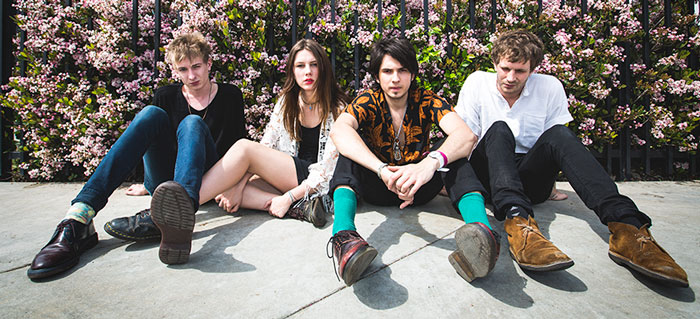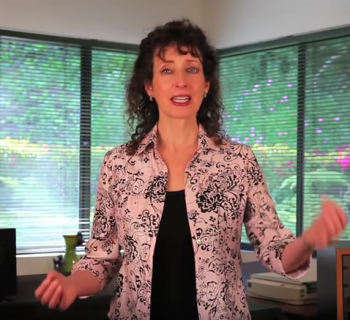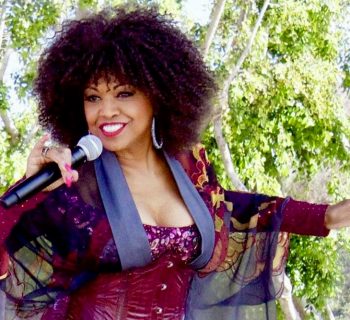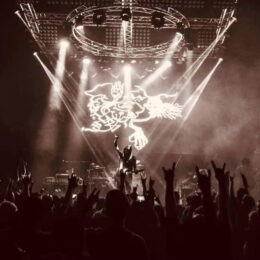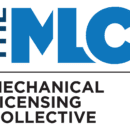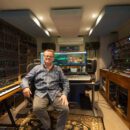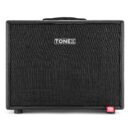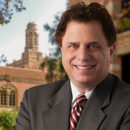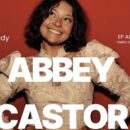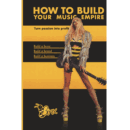ROBERT EDENS
Contact: Nikki Law - Metal Blade Records, Nikki.Law@metalblade.com
Native Construct singer Robert Edens may be the greenest singer in this roundtable, with his metal band releasing their debut album in April 2015, but he’s far from unqualified to participate. Edens and his two bandmates created the band in 2011 while studying at the esteemed Berklee College of Music––and managed to write, produce and record Quiet World all on their own.
What makes you a better singer today than you were when you started?
I’ve been lucky enough to be exposed to many new experiences since I started singing that have helped me grow as a vocalist. Attending Berklee College of Music opened me up to so many new musical ideas and techniques. Another key factor is experience. It takes time to learn your voice and gain control over it, and I’ve been fortunate enough to have been exposed to a lot of music from a young age.
What are the greatest challenges you’ve faced as a singer?
Currently, I’m finding my biggest challenge is learning to be a frontman. I’m normally a fairly reserved person, so getting out and trying to be charismatic onstage doesn’t exactly come naturally to me.
Have you had any formal vocal coaching? What effect did it have?
I had many wonderful vocal instructors during my time at Berklee. Having the opportunity to work with so many experienced vocalists, each coming from a unique background, exposed me to so many different techniques and diverse stylistic approaches to my singing.
How do you warm up your vocal cords before a performance?
I’ll generally go through a few basic exercises first (scales, arpeggios, slides) and loosen up the vocal muscles before singing through some of the material I’m about to perform.
How do you shake out any stage jitters, or cope with red light fever?
The best antidote to jitters, I think, is simply experience. The jitters will always be there to some degree, but being confident and comfortable with your performance makes all the difference between harnessing that adrenaline and letting it control you.
How do you calm yourself and focus? Do you meditate before a performance?
I find meditation to be extremely helpful, and will often take time to do a yoga routine before I perform. The stretching and mindfulness involved can do wonders for a performance!
What are your favorite personal performances of yours, live and studio?
My favorite performances happen when I’m able to completely lose myself in the moment —when my world is just me and the music I’m performing. I find this much more attainable in the studio than in a live setting, but it’s something I’m always striving toward.
What are a few of your favorite all-time recordings or performances by other singers, and why?
There are far too many to name, but virtually any performance by Freddie Mercury is mind-blowing to me. It’s always astounded me that he’s able to sound so good and so in-tune on every recording before the days of digital audio and signal processing.
What are your most memorable stage mishaps? And how did you deal with them?
One that sticks out in my mind is when our stage laptop running Pro Tools crashed––our greatest fear as a band that has to rely on a backing track system. Luckily, the error occurred when I wasn’t singing and I was able to get over and restart the Pro Tools session mid-song so our drummer could jump back in. Considering how much of a nightmare scenario that can be, we were so relieved that no one seemed to notice!
Are you loyal to specific types and brands of microphones and in-ear monitors? If so, which ones?
As for a live mic, I’ve been using my trusty old Shure SM58 for as long as I’ve been performing. As a tough stage mic, I’ve been able to rely on it for many years. My first and only pair of in-ear monitors are the Westone UM Pro 10s. They provide solid, comfortable hearing protection as well as quality monitor playback; I’m very happy with them.

